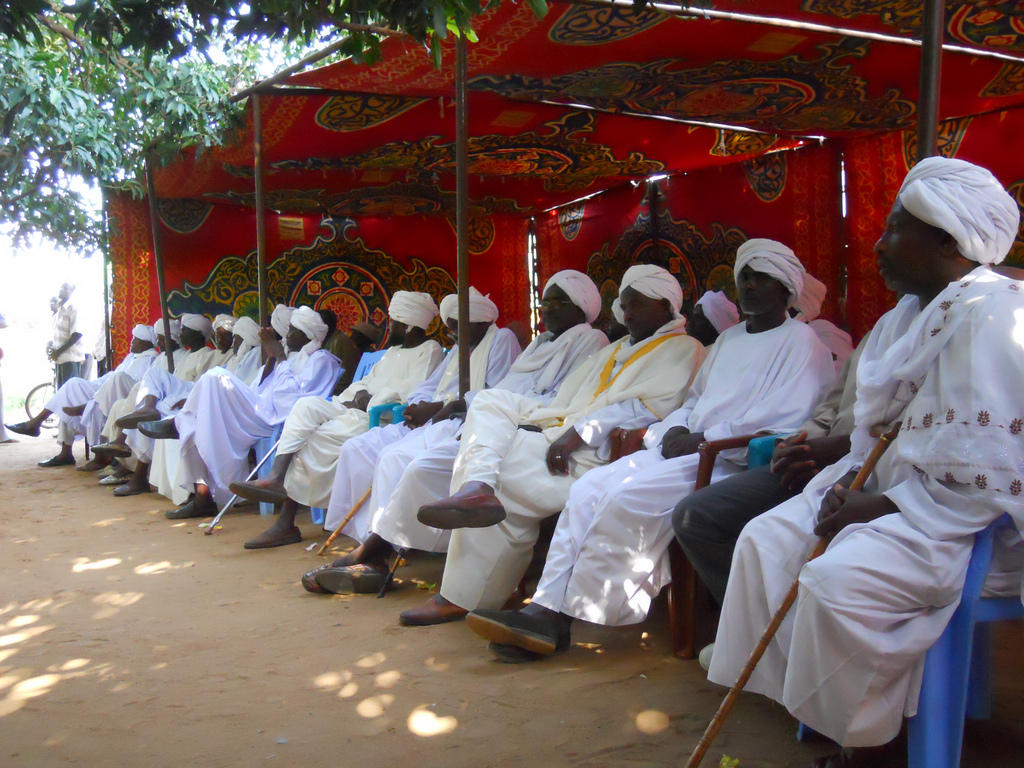USIP is working with state officials, political leaders and civil society members from Blue Nile and Southern Kordofan states to design and conduct popular consultation - a CPA-mandated process whereby the two states will seek to renegotiate political, administrative, and constitutional arrangements with the central government.

With the majority of international attention focused on the 2010 elections and 2011 South and Abyei referenda, USIP is focusing its efforts on supporting the popular consultation process in Blue Nile and Southern Kordofan. If successful, these negotiations would not only resolve long-standing differences between the two states and Khartoum, but, assuming southern secession in 2011, could provide a model for peaceful, sustainable, and stable center/periphery relationships in Sudan.
Popular consultation is notable not just for what it might achieve, but for the broad-based grassroots process it envisions. Popular consultation, as defined by the law, is a "democratic right and mechanism to ascertain the popular views of the people of the two states." It is a very much a bottom-up process - the first if its kind in Sudan. Click here for the Popular Consultation Act in Arabic (PDF/ 804KB). USIP support for popular consultation is multi-faceted and includes the following activities:
Activities
Working with Civil Society
USIP is working with political and civil society leaders to define the goals and core principles of popular consultation. In March 2010, Senior Rule of Law Advisor Jason Gluck traveled to Damazin, Blue Nile to participate in a 3-day workshop to launch the civic awareness and public education phase of popular consultation.
Support for the Assessment and Evaluation Commission
USIP is supporting the Sudan Presidential Assessment and Evaluation Commission (PAEC) - a body mandated by the CPA to assess, evaluate, and report on CPA implementation. At the PAEC's request, USIP produced tables demonstrating the treatment of key issues in the CPA, Sudan's Interim National Constitution, and the state constitutions of Blue Nile and Southern Kordofan. Issues covered include power-sharing, wealth-sharing, religious and cultural discrimination, and land management. These tables will serve as the reference point for the PAEC's assessment and evaluation, and are also being used by officials in Blue Nile and Southern Kordofan as they progress through the Popular Consultation Process.